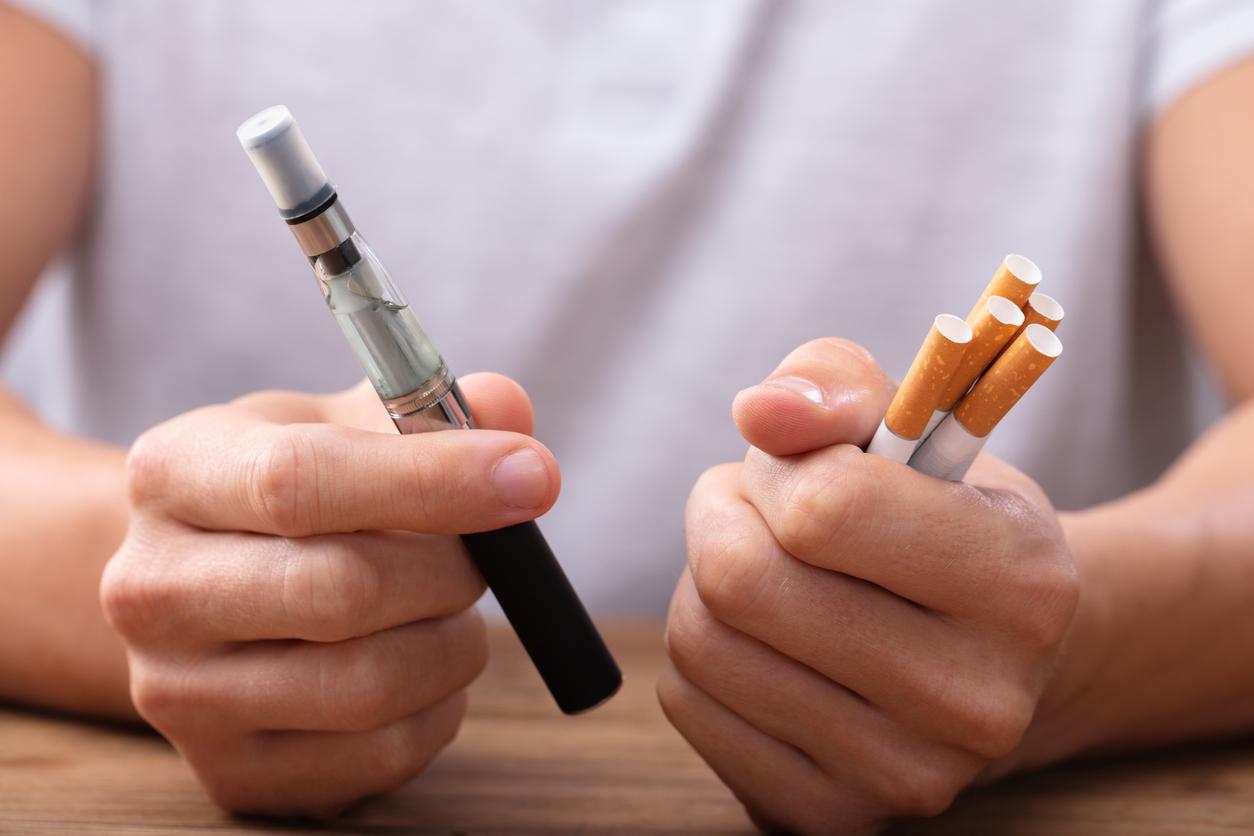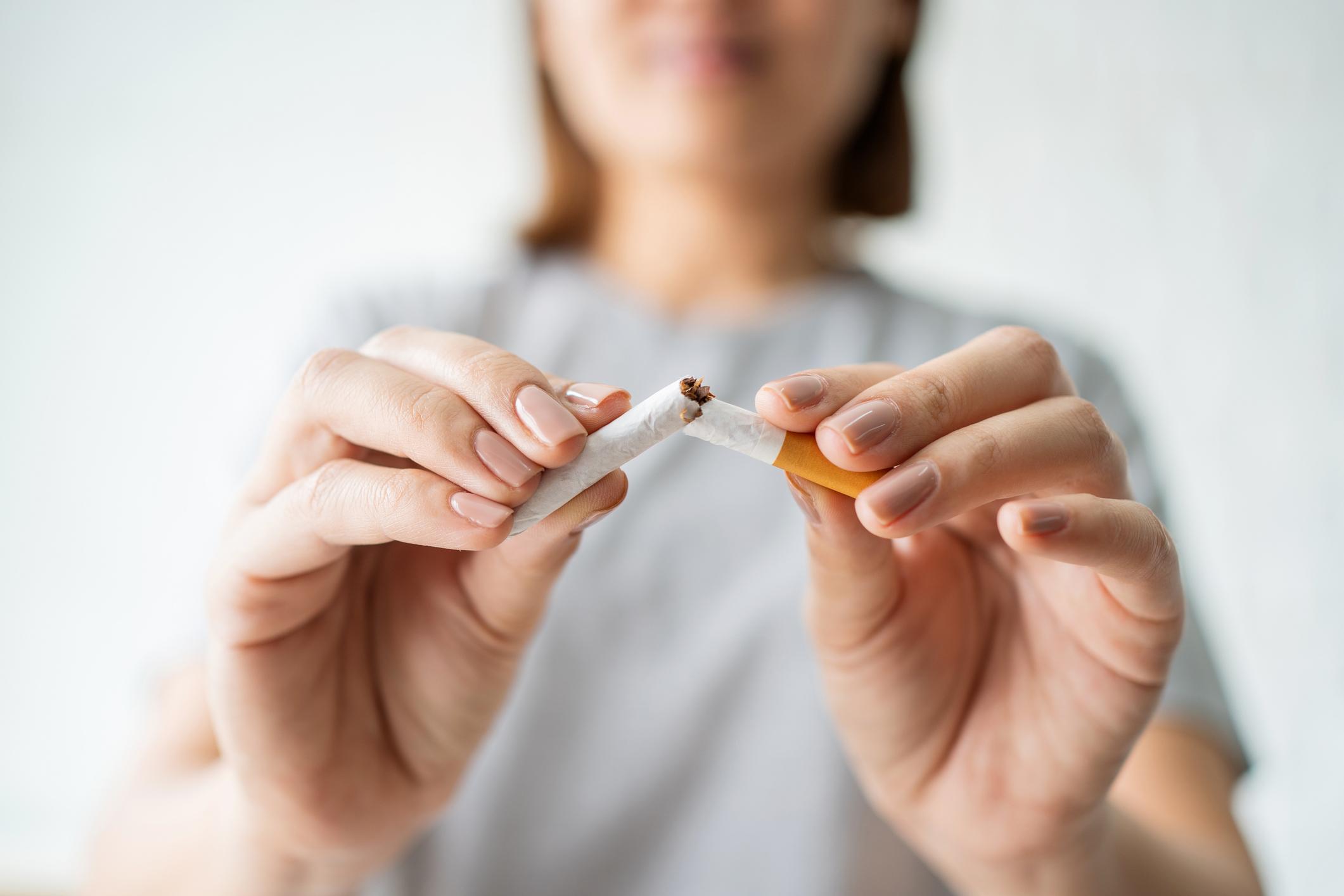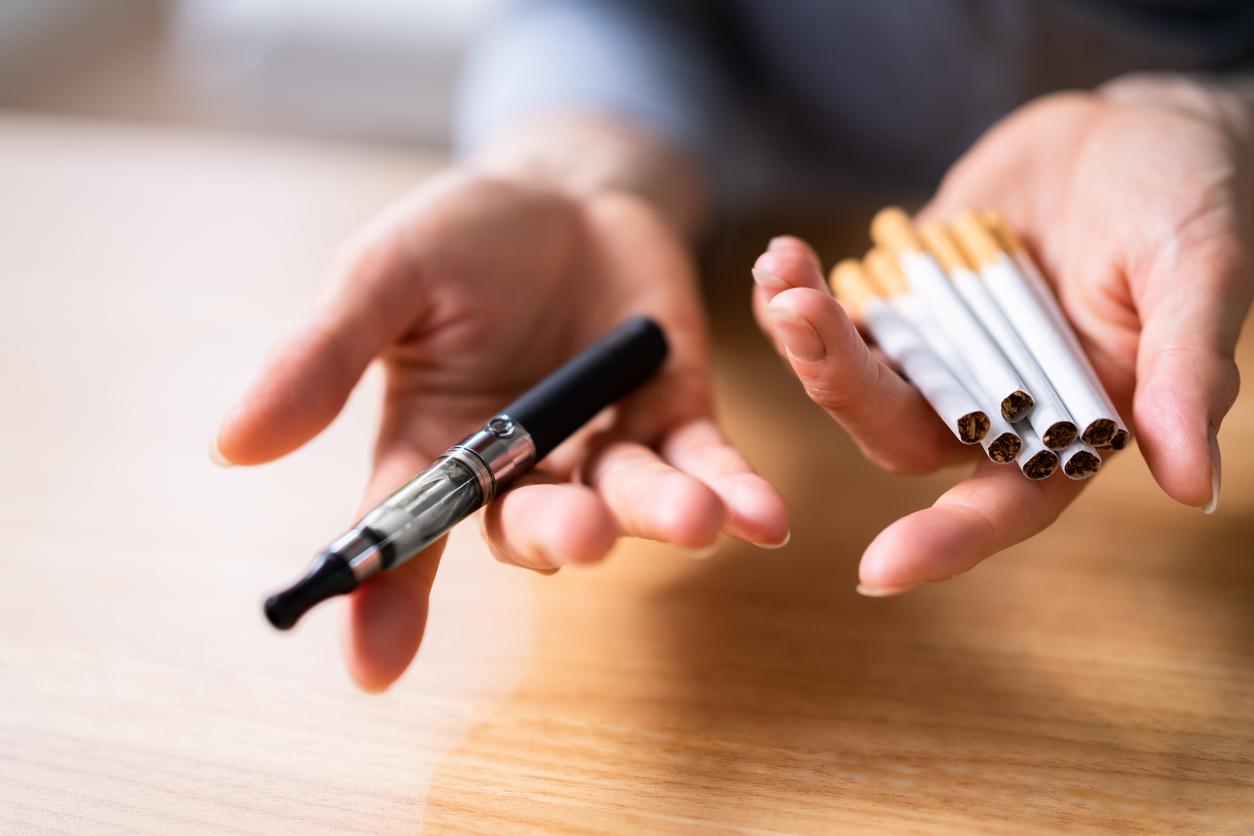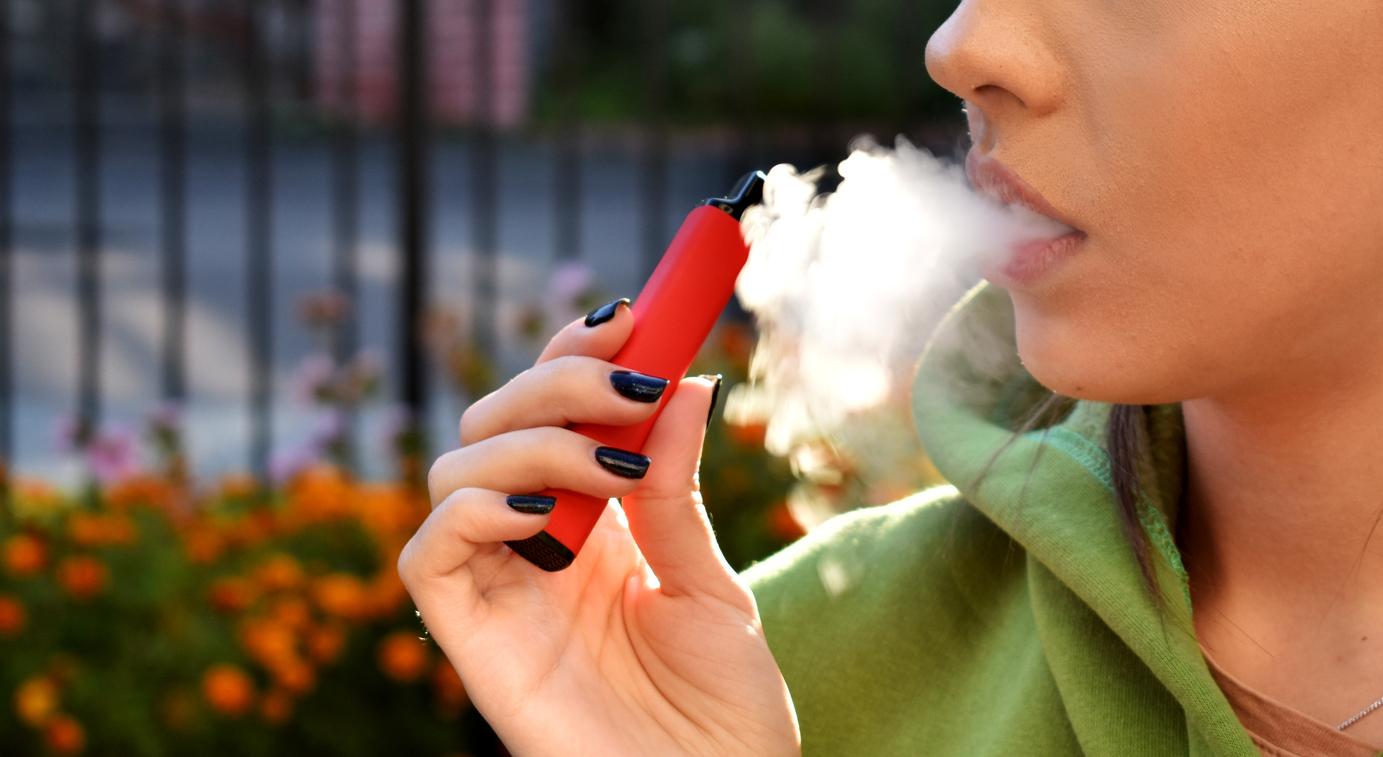Vapers using low nicotine e-liquids tend to suck harder and more often to compensate.

Vape is a valuable alternative to tobacco. But when switching from traditional cigarettes to their electronic equivalent, a question arises: which e-liquid to choose and above all, with what nicotine content? From 0 to 19.6 mg / mL, the palette is wide, and could influence the vaping behavior. This is shown by a pilot study, funded by Cancer Research UK and published in the journal Addiction.
Researchers followed 20 regular vapers for a month, recording every detail of their consumption through “spy” e-cigarettes. They thus demonstrated the existence of a compensatory behavior: vapers using e-liquids with a low nicotine content (6 mg / mL) tended to compensate for the lower nicotine intake by vaping more often, and with longer and more intense puffs than others (18 mg / mL).
Less nicotine, more puffs
Compensatory behavior has been known for a long time. They are, for example, frequent with so-called “light” cigarettes, which contributes to making them at least as harmful as normal cigarettes. In the case of vaping, this behavior is not neutral either: the researchers detected more formaldehyde (an irritant and potentially carcinogenic compound) in the urine of the low-nicotine group.
Electronic cigarettes are designed to vaporize e-liquid without burning it, making the vape infinitely safer than smoked tobacco. But by taking long and frequent puffs, it is possible that the “compensators” induce a greater heating of the atomizer, hence the appearance of combustion products such as formaldehyde. (The vapor then has an unpleasant pungent taste – a sign that the suction must be less strong, or even change the resistance.)
Ode to pragmatism
“Some vapers might think that it is better to start with a low dosage of nicotine, but they should be aware that a lower concentration may lead them to consume more e-liquid”, explains Dr Lynne Dawkins, first author of the study, in a press release from Cancer Resaerch UK. “It has a financial cost, but maybe also a health cost.” A result to be confirmed by larger studies.
Nicotine is not a problem in itself: it causes a strong dependence but its toxicity is very low (except for the fetus, in pregnant women). In case of strong tobacco dependence, it is better to opt for a sufficient dosage of nicotine, rather than to compensate for its lack of nicotine by improper use of the vapoteuse. It is also a better guarantee of not going back to traditional cigarettes after a few weeks.
Despite the absence of long-term studies – which will come in due course – there is currently a consensus within the medical community to consider that the vape is much less harmful (95% less risk) than smoked tobacco. Compensatory behavior or not.
.
















